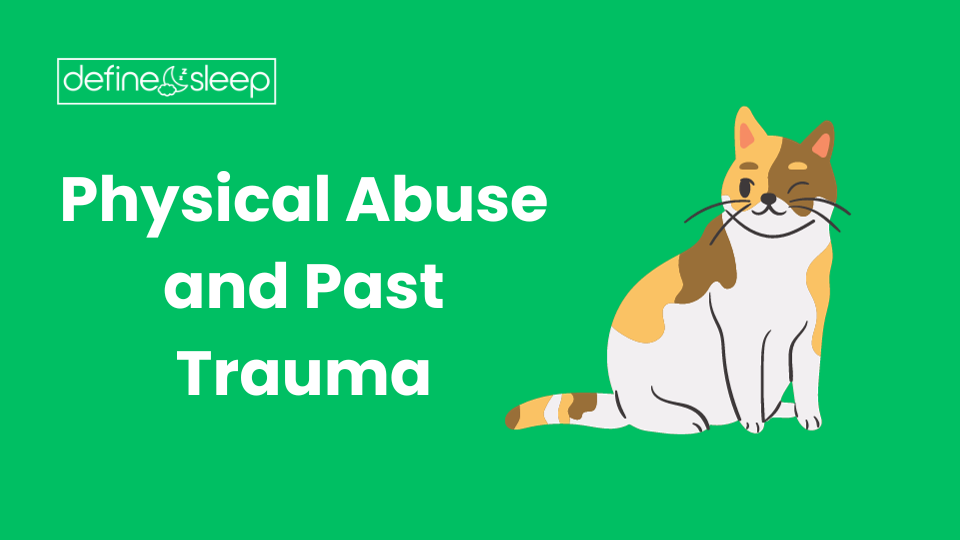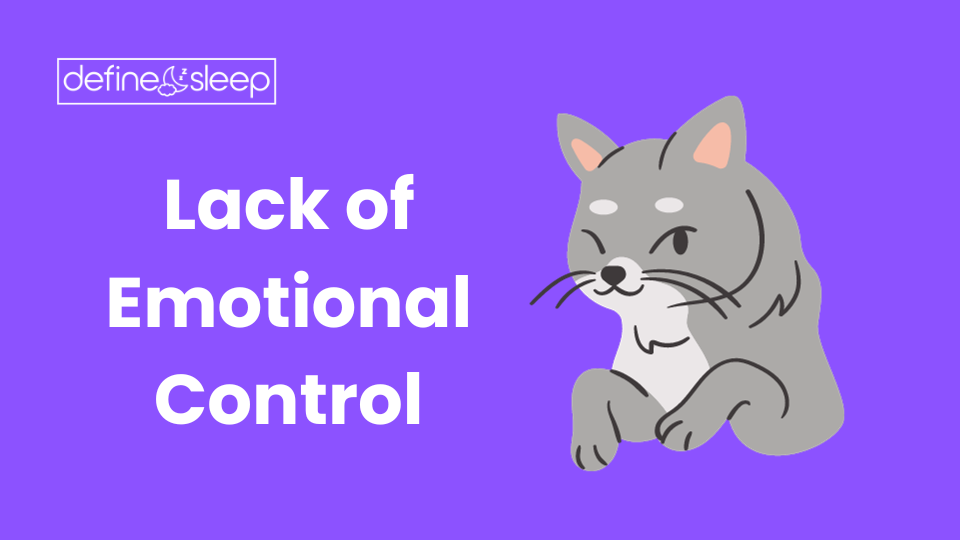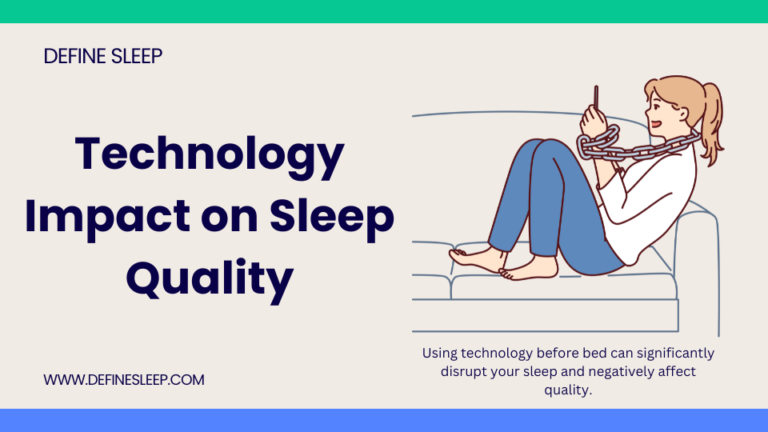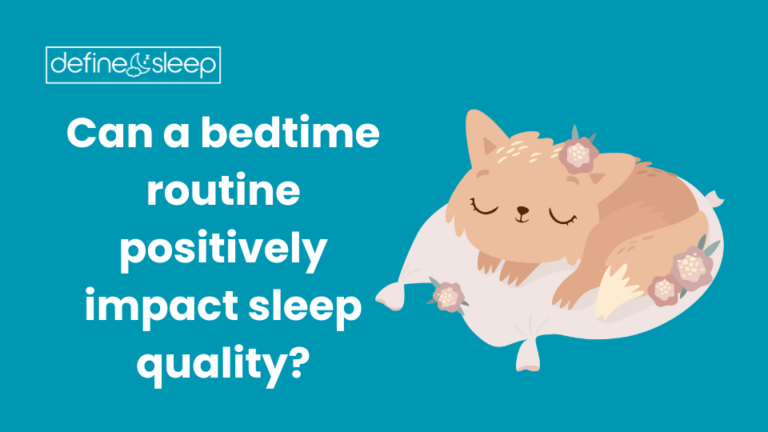Introduction
Sleep quality can be a precious commodity in our fast-paced world, where stress and demands often take center stage. Many seek solutions to improve their sleep patterns, and one such remedy gaining attention is exercise. This article explores the intricate relationship between training and the quality of your sleep, shedding light on the psychological aspects, including physical abuse and past trauma, and the impact of exercise on emotional control.
The Science of Sleep
Before delving into the connection between exercise and sleep, it’s crucial to understand the science behind our sleep patterns. Sleep is a complex process influenced by various factors, including circadian rhythms, hormonal balance, and lifestyle choices. One significant aspect is the role of physical activity.
Exercise and Circadian Rhythms
Our bodies operate on a natural clock known as the circadian rhythm, regulating sleep-wake cycles. Regular exercise can help synchronize this internal clock, promoting a more consistent sleep pattern. Engaging in physical activity, particularly in the morning or early afternoon, aligns with the body’s natural circadian rhythm, improving sleep quality.
Physical Abuse and Past Trauma: Unraveling the Psychological Threads

Understanding the Impact
For some individuals, the relationship between exercise and sleep is intertwined with psychological factors, such as physical abuse and past trauma. These experiences can leave lasting imprints on mental well-being, affecting sleep patterns and overall health.
The Role of Exercise as a Coping Mechanism
Research suggests that exercise can serve as a powerful coping mechanism for individuals with a history of physical abuse or trauma. Engaging in regular physical activity has been linked to a reduction in symptoms of anxiety and depression, which are common challenges faced by those with a traumatic past.
Tailoring Exercise Approaches
While exercise can be a beneficial tool for managing psychological challenges, it’s essential to recognize that individual experiences vary. Tailoring exercise approaches to suit personal preferences and comfort levels is critical. Whether it’s yoga, jogging, or team sports, finding the right fit can contribute significantly to the mental and emotional well-being necessary for restful sleep.
Lack of Emotional Control: Bridging the Gap with Exercise

The Emotional Rollercoaster
Lack of emotional control is another psychological aspect that can impact sleep quality. Stress, anxiety, and heightened emotions often lead to restless nights and disrupted sleep patterns. This is where exercise steps in as a natural remedy.
Exercise as a Stress-Reliever
Regular physical activity has been proven to be an effective stress reliever. When we exercise, our bodies release endorphins, often called “feel-good” hormones. These endorphins act as natural mood enhancers, helping to alleviate stress and anxiety paving the way for a more relaxed state conducive to sleep.
The Connection Between Mind and Body
The mind-body connection is a powerful force, and exercise plays a pivotal role in harmonizing this relationship. Mindful activities such as yoga and tai chi provide physical benefits and cultivate a sense of calm and mindfulness, promoting emotional balance that positively impacts sleep.
Practical Tips for Incorporating Exercise into Your Routine

Now that we understand the science and psychology behind exercise and sleep let’s explore practical tips for incorporating exercise into your routine to optimize sleep quality:
1. Consistency is Key:
Incorporate activities focusing on the mind-body connection, such as yoga or meditation, to enhance emotional well-being.
2. Mindful Movement
Schedule your exercise sessions earlier to align with your circadian rhythm and avoid stimulating activities close to bedtime.
3. Find Your Passion
Choose activities you enjoy to make exercise a sustainable and enjoyable part of your lifestyle.
4. Listen to Your Body
Pay attention to how your body responds to different types of exercise and adjust your routine accordingly.
Conclusion

In the quest for better sleep, exercise is a multifaceted solution addressing our physiological and psychological well-being. By understanding the intricate relationship between movement, circadian rhythms, and emotional well-being, individuals can harness the power of physical activity to unlock the benefits of restful and rejuvenating sleep. Incorporating exercise into your routine is not just a prescription for physical health; it’s a holistic approach to nurturing the mind and body for a more fulfilling and peaceful night’s sleep.
FAQ

1Q. Can exercise improve my sleep quality?
Regular exercise has been linked to improved sleep quality. It helps regulate circadian rhythms and reduces stress, promoting better rest.
2Q. What types of exercise are most effective for enhancing sleep?
Aerobic exercises like jogging, brisk walking, and mind-body activities like yoga have positively affected sleep quality
3Q. How much exercise is recommended for better sleep?
Aim for at least 150 minutes of moderate-intensity exercise per week, but consistency is more crucial than intensity.
4Q. Can exercise help with sleep issues related to past trauma or abuse?
Yes, exercise can serve as a coping mechanism, reducing symptoms of anxiety and depression associated with past trauma, thereby improving sleep.
5Q. Is there an ideal time to exercise for better sleep?
Morning or early afternoon exercise aligns with the body’s circadian rhythm, but the most crucial factor is choosing a time that fits your schedule and doesn’t interfere with bedtime.
Help from ChatGPT 4




